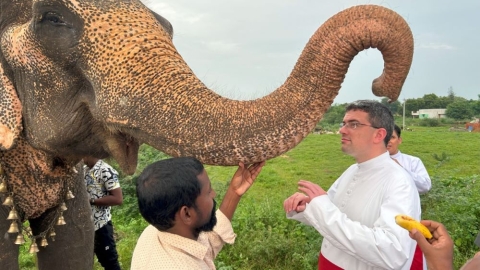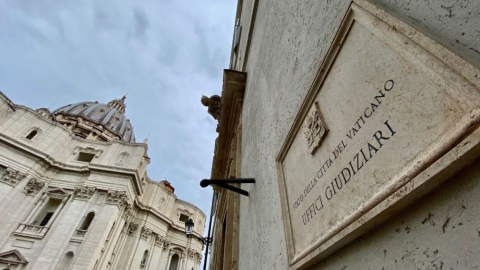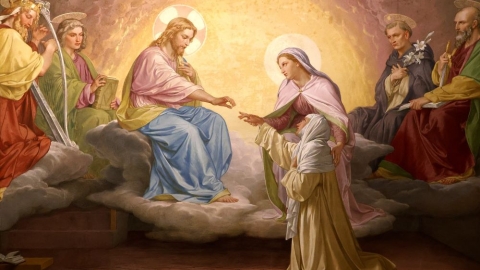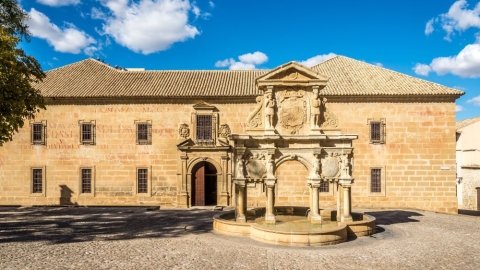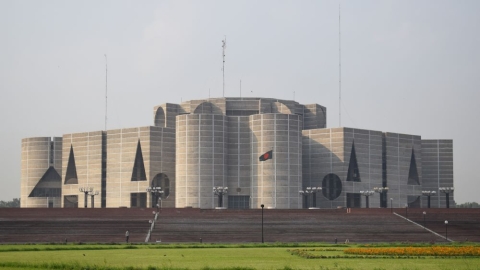Russian Patriarch Kirill’s Past as a Spy Questioned
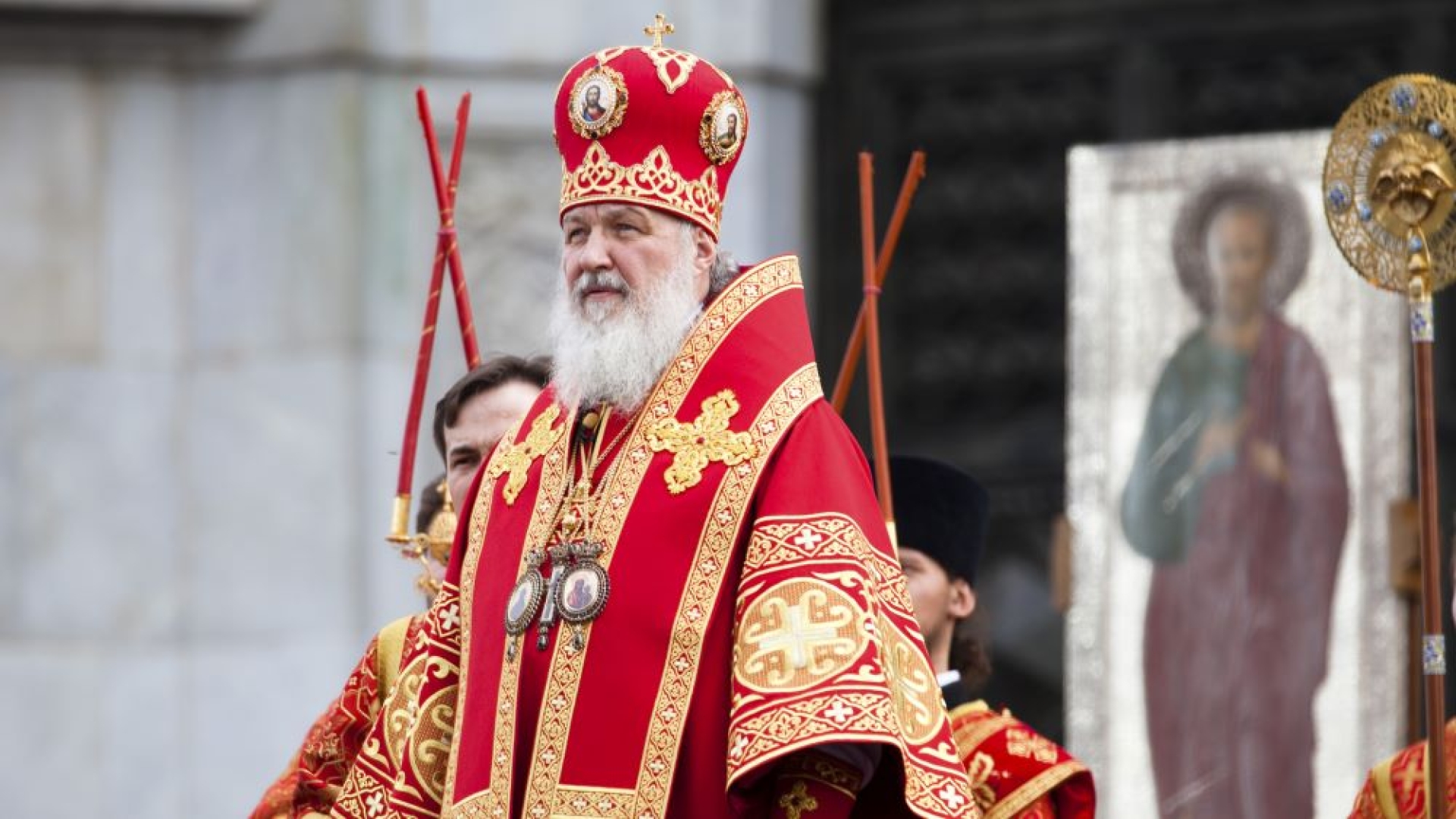
Comrade Kirill, a KGB spy: Is this information or “disinformation”? This is the question which Le Matin and Sonntagszeitung – two Swiss daily newspapers – answered based on documents from the “declassified” archives of the Swiss Confederation.
The documents revealed that the mission of the future head of the Russian Autocephalous Church – code name “Mikhailov” – was to influence a religious council, infiltrated by the KGB in the 1970s and 1980s.
It may seem surprising that sensitive information concerning living personalities playing a leading role would be declassified by security services and made accessible to the press.
Be that as it may, the file from the federal police – dating from the 1970s – and communicated to the two Swiss media, affirms that “Bishop Kirill belongs to the KGB,” the sinister Soviet foreign intelligence service, whose name alone enough to make the blood run cold.
The Swiss newspapers even published a photo of the future patriarch at the age of 24 – his name was then Vladimir Mikhailovich Gundiayev – skiing in the middle of the Cold War in the mountains of central Switzerland.
At that time, Fr. Gundiayev had obtained permission to go to Geneva to represent the Moscow Patriarchate at the World Council of Churches (WCC). The reports kept in the federal archives, studied by Sonntagszeitung, confirm that the young priest worked for the KGB to which he sent back reports.
The file of the future patriarch contains 37 records made between July 1969 and February 1989, most of which relate only to applications for visas and entry into Switzerland. But two other reports indicate that the priest was on the list of Soviet officials “who had been subject to restrictive measures,” without the exact nature of the measures taken against him being known.
Le Matin interviewed the patriarch's nephew, Mikhail Goundiaïev, who succeeded him as representative of the Moscow Patriarchate in Geneva. He insists that his uncle “was not an agent, even if he was subject to the strict control of the KGB.”
But an anonymous source quoted by the Swiss media says the opposite: “We were told at the time: ‘beware of these priests because they are KGB agents.’ In conversations with Kirill, I always had the feeling that he was looking for information. He was very friendly, but asked many questions about the exiled clergy.” An assertion that should be taken with caution given the anonymity that surrounds it.
So many revelations – whether proven or not – which are coming at the right time in the context of the war in Ukraine, one of the challenges of which is to weaken the preponderant influence of the Moscow Patriarchate over the Orthodox nebula.
Nevertheless, one should not look the other way: during the many decades of the Soviet era, members of the Orthodox clergy – who, by virtue of the autocephalous character of Orthodoxy, are necessarily dependent on the political power in place – were under the close control of the communist security services and were able, willingly or reluctantly, to collaborate more or less directly with the KGB.
Is the “information feedback” for which the current Patriarch of Moscow is accused enough to make him an active agent of the Soviet secret services? Did he really try to influence the COE in favor of the Soviet regime?
Related links
(Sources : Il Messagero/RFI – FSSPX.Actualités)
Illustration : Photo 24810954 © Nickolayv | Dreamstime.com
